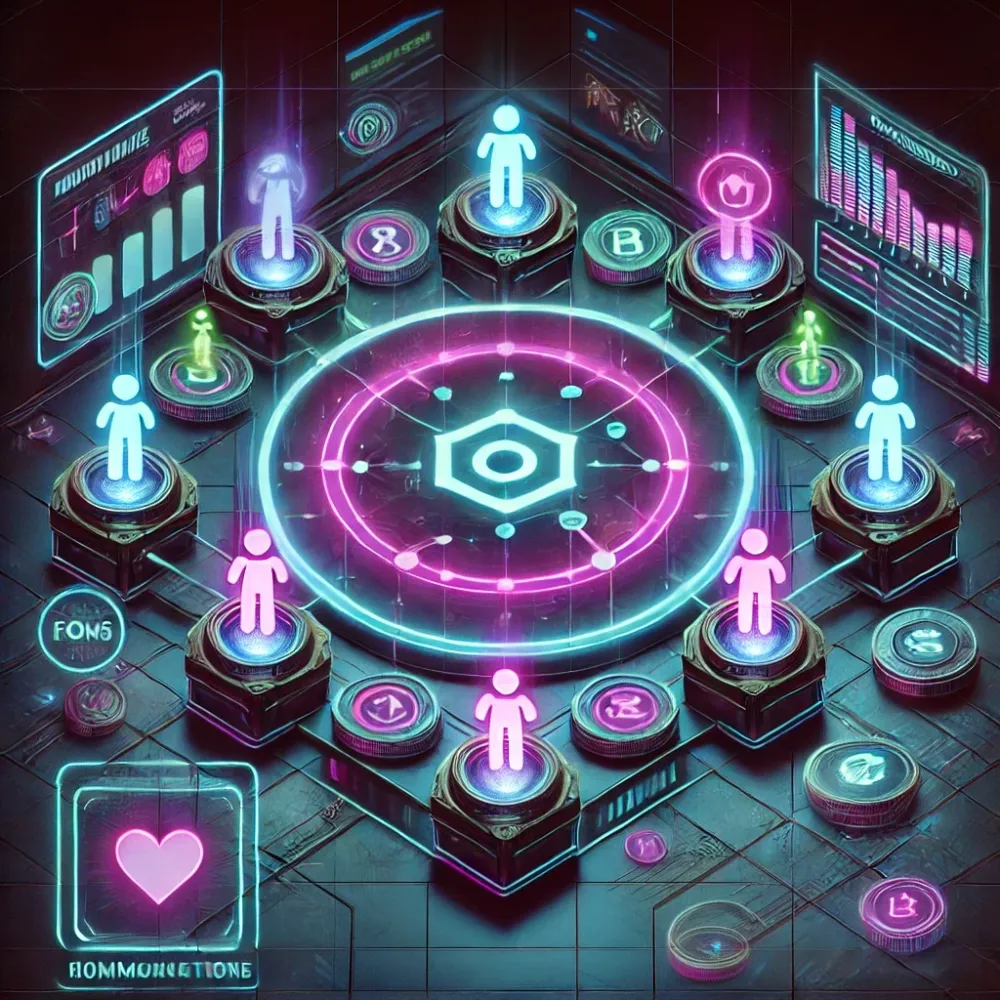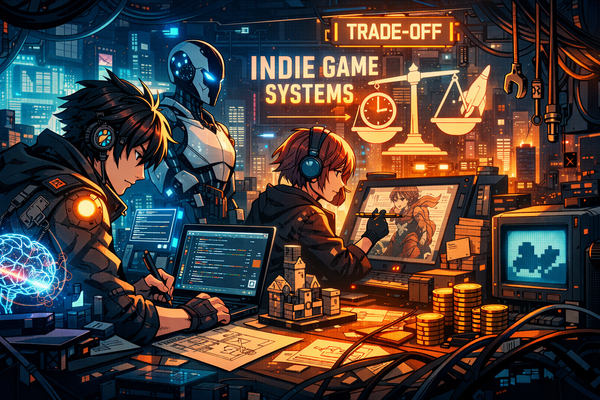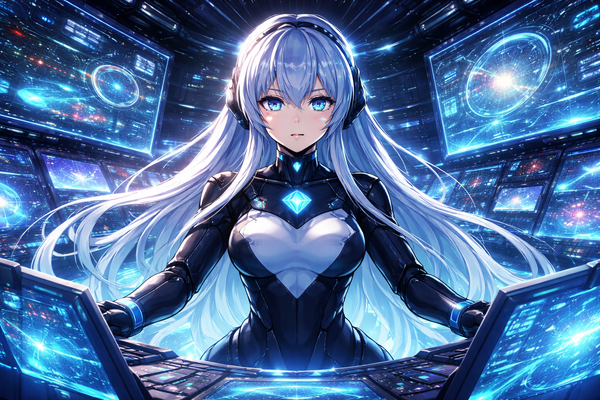Turning fans into advocates: How to build and monetize an indie game community
Building a strong community around your indie game isn’t just about gaining followers; it’s about converting those followers into passionate advocates. These advocates not only support your game but also help spread the word, create user-generated content, and contribute to the game’s success. This article will explore strategies to turn fans into active advocates while monetizing your growing community.
1. Defining your target audience
Before building a community, it's essential to know who your fans are. Understanding their preferences, interests, and habits helps you create engagement strategies that resonate with them. Knowing whether your audience is more active on platforms like Discord, Reddit, or Twitch allows you to focus on building your presence where they are most likely to engage(Enjin Hub)(Toxigon).
2. Creating a community hub
Creating a dedicated space for your community to gather is crucial. Platforms like Discord, a subreddit, or a dedicated forum can serve as your game’s central hub for discussions, sharing content, and making announcements. Make sure to encourage active participation by hosting Q&A sessions, sharing development updates, and responding to user feedback(Fungies Digital).
3. Engaging with fans and sharing exclusive content
To transform fans into advocates, you need to provide them with value. Sharing behind-the-scenes content, offering early access to updates, and providing exclusive in-game items help keep your community engaged and feeling special(Yellowbrick). Hosting special events like beta tests or community competitions is another great way to build excitement and strengthen the sense of belonging.
4. Partnering with influencers and content creators
Working with influencers and streamers can significantly boost your community’s reach. Partner with creators who align with your game’s niche and values. Whether through Let’s Plays, reviews, or live streams, influencer collaborations can attract new players and inspire existing fans to get more involved. Offering influencers early access or exclusive content can further incentivize their participation.
5. Monetizing through engagement
Once you’ve established an active and engaged community, you can explore monetization strategies that align with your fan base’s preferences. Examples include offering in-game purchases, launching a Patreon page for exclusive content, or selling game-related merchandise. By rewarding your most dedicated community members, you can foster even deeper loyalty while creating additional revenue streams.
6. Encouraging User-Generated content
Encourage your fans to create and share their own content. Whether through modding, fan art, or gameplay videos, user-generated content (UGC) builds a deeper connection between players and your game. UGC also acts as free marketing, spreading awareness about your game and increasing engagement within the community.
Building a strong indie game community is a long-term investment that requires dedication and consistent engagement. By turning fans into advocates, you not only foster loyalty but also create a passionate fan base that actively supports your game. Through strategic engagement, collaborations with influencers, and community-driven content, you can build and monetize a thriving community around your game.




